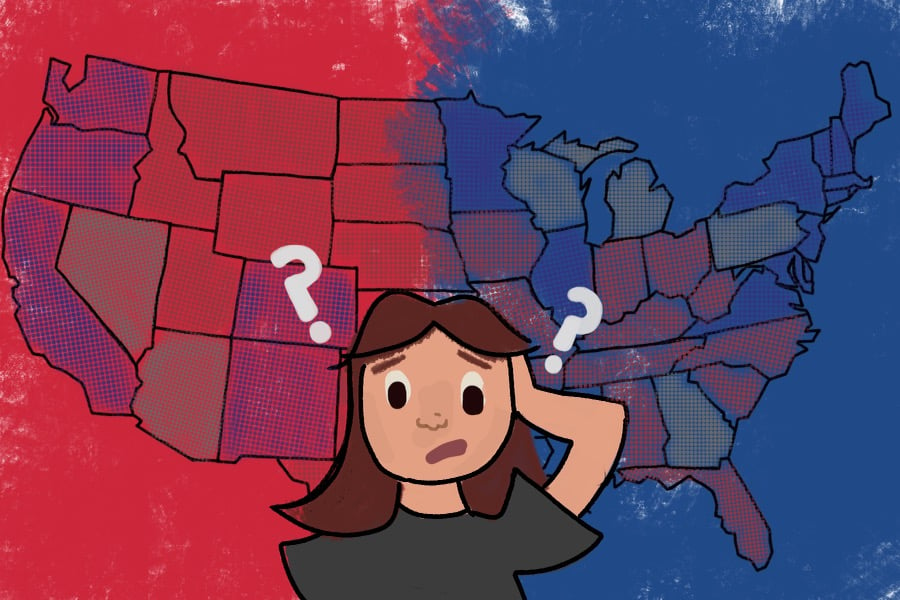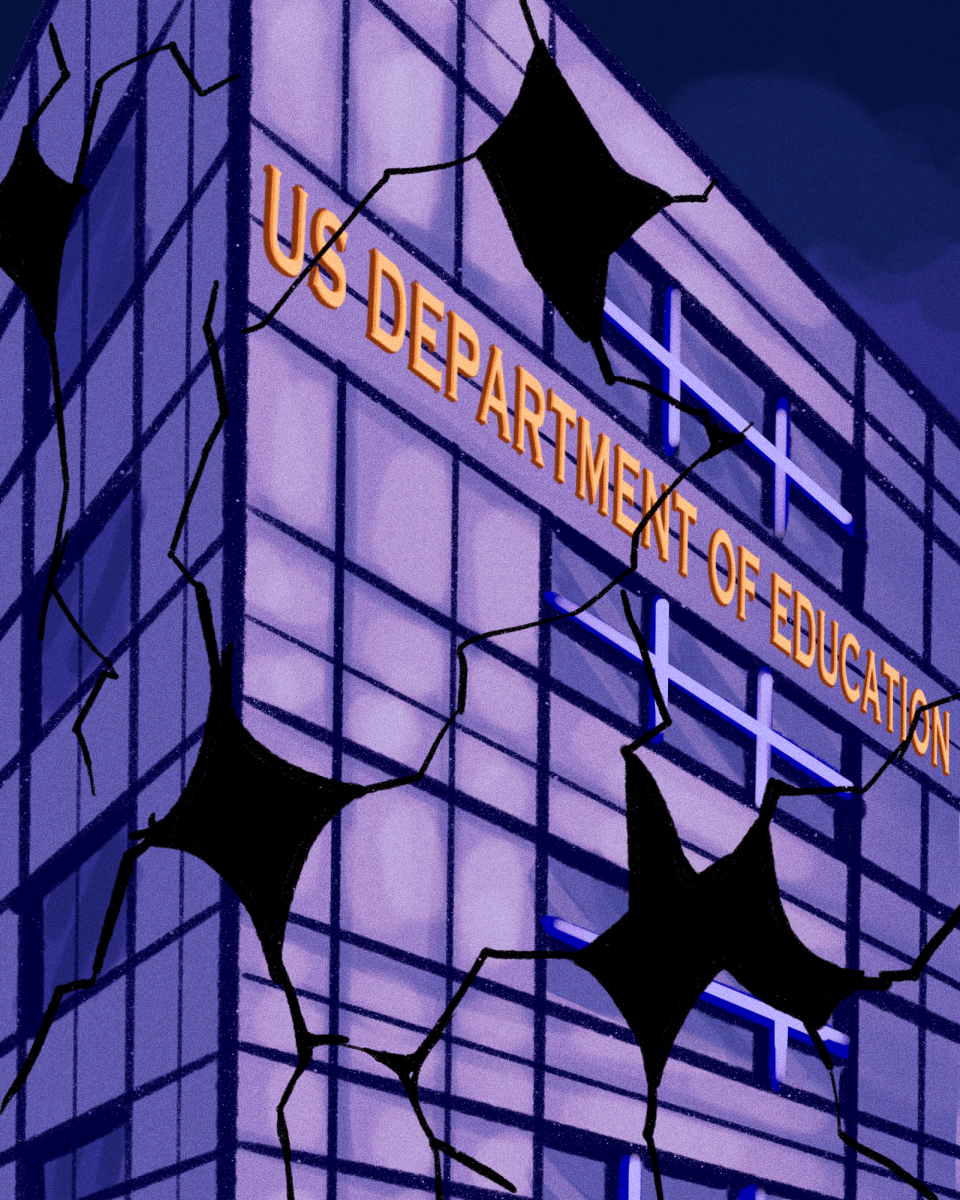A new study released in early October outlines the effect state politics have on college-bound students when deciding where to attend school.
The Art & Science Group, a higher education consultancy firm, conducted the study with over 4,000 high school seniors in 2023 and 2024 to gain information on their opinions surrounding college acceptance decisions. It found that 28% of college-bound seniors ruled out colleges and universities solely based on the political environment of the state where the schools were located.
The survey said 35% of liberal-identifying students, 25% of conservative students and 23% of moderate students reported excluding schools for political reasons.
Compared to last year, the report said higher percentages of students cited socio-political issues as a reason for excluding states from their search. Liberal students primarily excluded states based on their legislation concerning reproductive rights and gun control. Concerns about laws pertaining to the LGBTQ+ community featured prominently on both sides of the political spectrum, while less than half of the conservative students polled cited any specific issues for exclusion.
“What’s different this year is the intensity with which these students appear to be driven by issues,” said David Strauss, the principal and firm partner of the Art & Science Group.
The study suggests the increased role of political considerations in college decisions this year may be because of more discussion of highly politicized topics as the election approaches.
Conservative students were more likely to rule out New York and California, while liberal students were more likely to rule out Texas, Florida, Arkansas and Tennessee, according to the study. Overall, it said 31% of students crossed Texas off their lists due to its social policies and politics, making it the most-excluded state.
Aiden Weinstein, a radio-television-film freshman who grew up in Los Angeles, California, said his peers with more liberal viewpoints often ruled out Texas for college considerations.
“My friends really didn’t want to go to a state that didn’t have abortion access,” Weinstein said.
According to the study, nearly 75% of liberal students cited reproductive rights as a reason for excluding a state for higher education.
Kezian Dunn, an applied movement science junior, said he experienced a phenomenon similar to Weinstein’s at his high school in San Jose, California.
“I know a lot of people from my high school wanted to stay on the West Coast because that’s what they were comfortable doing,” Dunn said. “They wanted to stay with people that thought like them and acted like them, and I don’t judge them for that.”
The study said institutions that provide a distinctive college experience have the best chance of overcoming prospective students’ political reservations.
“One of the coolest things you can get out of being a young adult, especially a college student, is going somewhere else and experiencing a different part of the world that views things completely differently,” Dunn said. “I have definitely become a better and more rounded human being as a result of coming to UT as opposed to staying in California.”













